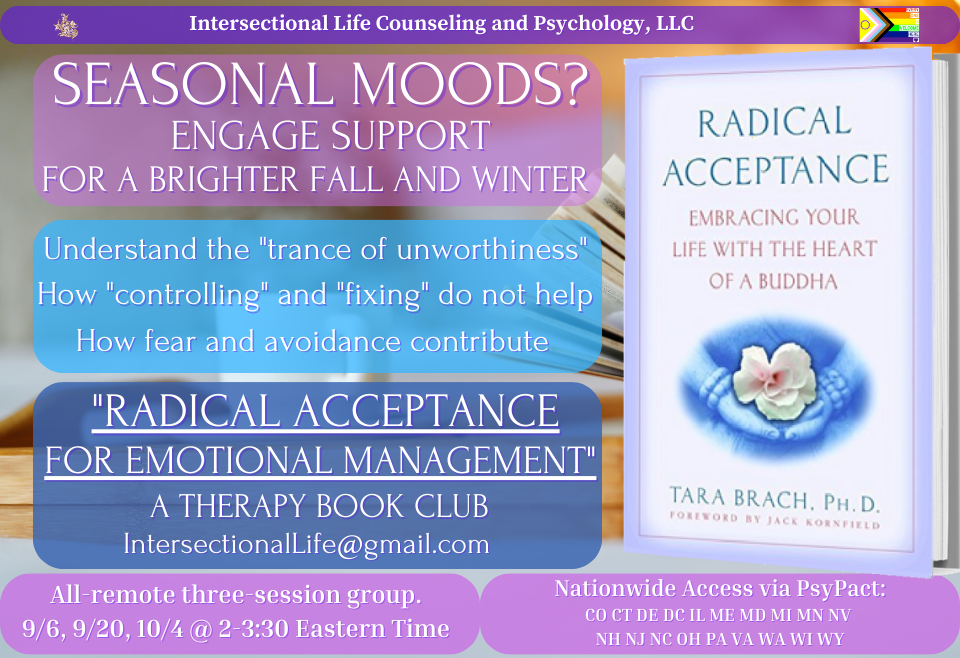If you have a loved one who has Dissociative Identity Disorder (AKA “multiple personalities”), you may have felt uneasy or even frightened at times. It can be disconcerting to think you do not really know who they are. It may be awful to think of the traumatic experiences they survived that led to the dissociation.
This is partly because for many people, the only understanding they have of Dissociative Identity Disorder comes from sensationalized depictions in movies or TV, showing DID experiencers as unpredictable, deceptive, violent–nearly supernaturally so!
But it’s important to take a pragmatic approach to understanding this experience and not to exoticize or blame your loved one.
In other words, they are not an exotic disorder. They are not their traumatic experiences. They are not possessed. They did not “cause” the disorder. They did not ask for nor deserve the trauma during which it developed. They aren’t “faking.” They are not a case for you to manage. They are a regular person who needs love, acceptance, and healing.
Everyone has “parts” –different personality presentations and experiences that are expressed in different situations. We all act at least somewhat differently at a job interview than at the club, or at church, or with a close friend who is very accepting, or in class, or around a judgmental neighbor, or around a secret crush.
The main difference is that for those who have DID, those different presentations have become dissociated from each other: there is a disruption of the underlying thread of memory and consciousness that most of us have between all our parts.
An important thing to remember is that while you may not like one or some of your loved one’s parts (and you don’t have to!), there are no “bad” parts. Every part’s feelings are a valid expression, even if not every part’s wishes should be acted on.
Nothing your loved one experiences is beyond the understanding of humans generally. You don’t need to be an expert in Internal Family Systems to connect with them. It’s useful to have some information, but primarily, just be a human with a loving connection. ❤
If you are interested in reading more in-depth about Dissociative Identity Disorder from someone who experiences it, here is an essay that is addressed to therapists but may also be useful for others who have loved ones with this type of dissociation:
TEN STEPS TO BECOMING A DISSOCIATION-FRIENDLY THERAPIST










